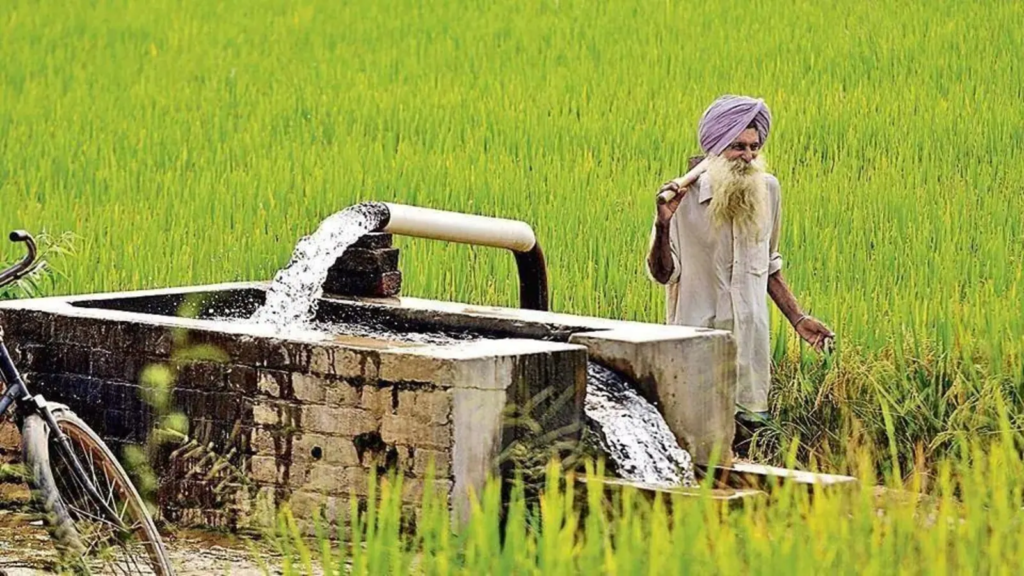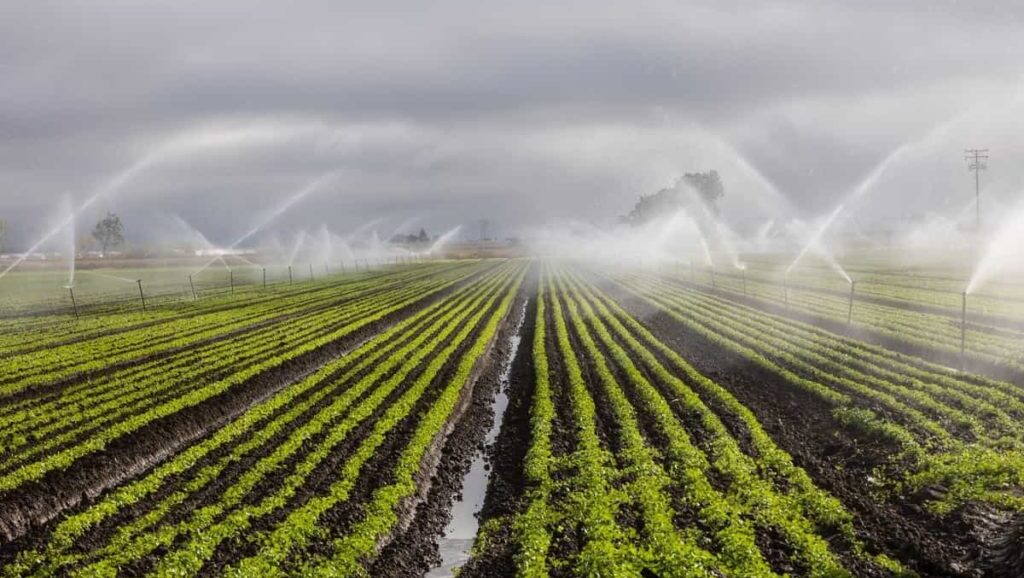
Introduction:
In India, where agriculture is a cornerstone of the economy and a livelihood for millions, the effective management of water resources is critical. Small-scale farmers, who make up a significant portion of the agricultural sector, face unique challenges due to their limited access to resources and infrastructure. Efficient water storage systems can play a transformative role in supporting these farmers, enhancing their productivity, and securing their livelihoods. Here’s how water storage can benefit small-scale farmers in India.
Mitigating Water Scarcity:
India’s diverse climate presents a range of challenges for water availability. In many regions, the monsoon season provides the primary source of water for agriculture. However, this rain is often unpredictable and unevenly distributed. Efficient water storage systems, such as rainwater harvesting tanks and small-scale reservoirs, help capture and store rainwater during the monsoon. This stored water can then be used during dry periods, reducing dependency on erratic rainfall and ensuring a more reliable water supply throughout the year.
Enhancing Crop Yields:
Access to consistent and adequate water is essential for crop growth and yield. Small-scale farmers often face difficulties in maintaining a steady water supply due to limited infrastructure. Water storage solutions, like check dams and farm ponds, enable farmers to irrigate their crops more effectively. With reliable water access, farmers can optimize irrigation schedules, reduce crop stress, and ultimately increase their agricultural productivity and yield.
Reducing Soil Erosion:
Water storage systems can also play a crucial role in preventing soil erosion. By capturing and slowly releasing rainwater, these systems help reduce the speed and volume of surface runoff. This controlled release minimizes soil erosion and helps maintain soil fertility, which is vital for sustaining long-term agricultural productivity. Erosion control is particularly important for small-scale farmers who may lack the resources to rehabilitate degraded land.
Lowering Irrigation Costs:
Efficient water storage can lead to significant cost savings for small-scale farmers. Traditional irrigation methods often involve high costs for water access, particularly when farmers rely on expensive and energy-intensive methods like groundwater pumping. By investing in water storage systems, farmers can reduce their reliance on costly irrigation methods. Stored water can be used more efficiently, lowering overall irrigation costs and making farming more economically viable.

Improving Resilience to Climate Change:
Climate change is expected to bring more frequent and severe weather events, including droughts and floods. Small-scale farmers are particularly vulnerable to these changes due to their limited resources and adaptive capacity. Water storage systems can improve resilience by providing a buffer against extreme weather conditions. For instance, water stored during rainy periods can help sustain crops during droughts, while well-designed systems can manage excess water during floods.
Supporting Sustainable Farming Practices:
Incorporating water storage into farming practices supports sustainability. Farmers can use stored water for efficient irrigation techniques like drip or sprinkler systems, which minimize water waste and optimize water use. Additionally, rainwater harvesting can reduce the strain on groundwater resources, promoting the sustainable use of natural water sources.
Empowering Local Communities:
Water storage systems can also foster community development. In many cases, the implementation and management of these systems involve local communities, creating opportunities for collaboration and skill development. Community-based water management projects can enhance social cohesion and empower farmers with knowledge and tools to manage their water resources effectively.
Facilitating Crop Diversification:
With a reliable water supply, small-scale farmers have the opportunity to diversify their crops. Access to stored water allows farmers to experiment with different types of crops that may have specific water requirements. Crop diversification can improve soil health, reduce risk by spreading economic dependence, and enhance food security.
Boosting Farmer Income:
Ultimately, the benefits of efficient water storage systems translate into increased income for small-scale farmers. Higher crop yields, reduced irrigation costs, and improved resilience to climatic challenges all contribute to better financial stability. By improving their economic conditions, farmers can invest in further enhancements to their farming practices, creating a positive cycle of growth and development.
Promoting Technological Adoption:
The introduction of water storage systems encourages the adoption of modern agricultural technologies. Farmers who see the benefits of efficient water management may be more inclined to explore other innovations, such as advanced irrigation systems or soil conservation techniques. This technological adoption can lead to further improvements in productivity and sustainability.
In summary, efficient water storage systems offer a range of benefits to India’s small-scale farmers, from mitigating water scarcity and enhancing crop yields to supporting sustainable practices and improving economic stability. By investing in and adopting these systems, small-scale farmers can overcome many of the challenges they face, ensuring a more secure and prosperous future for themselves and their communities.


